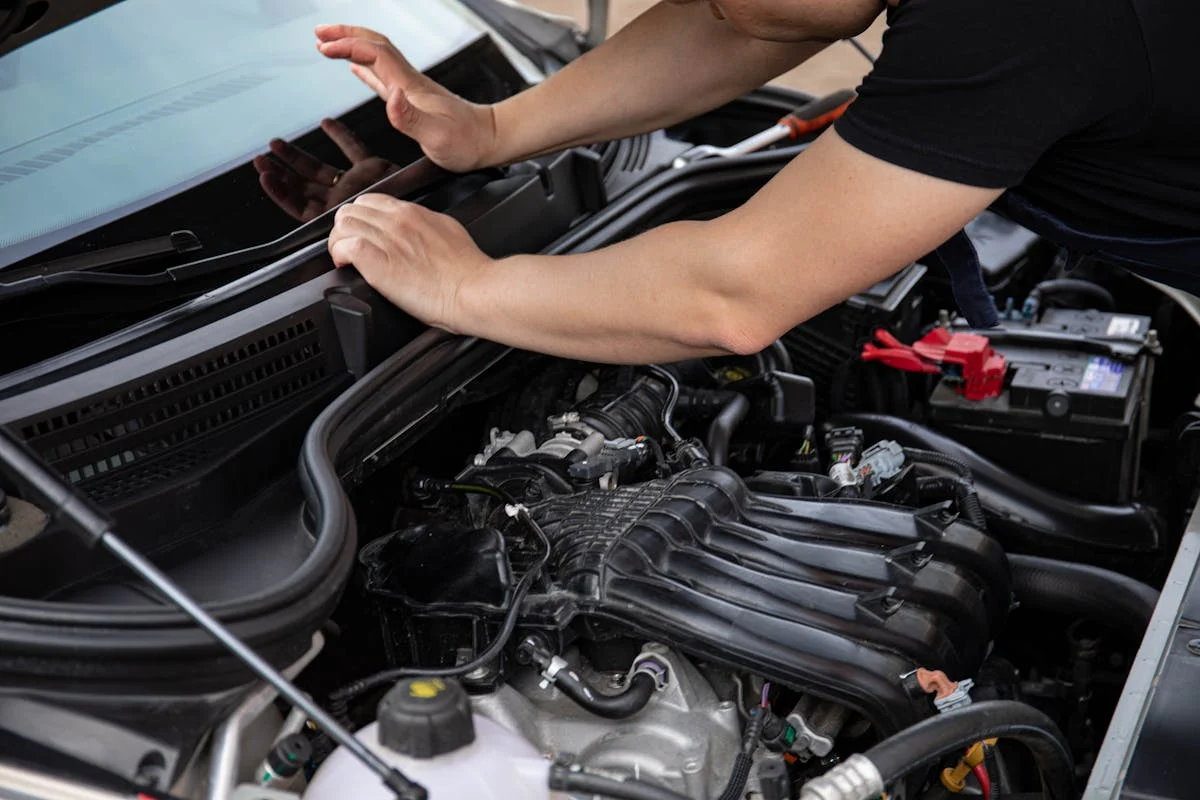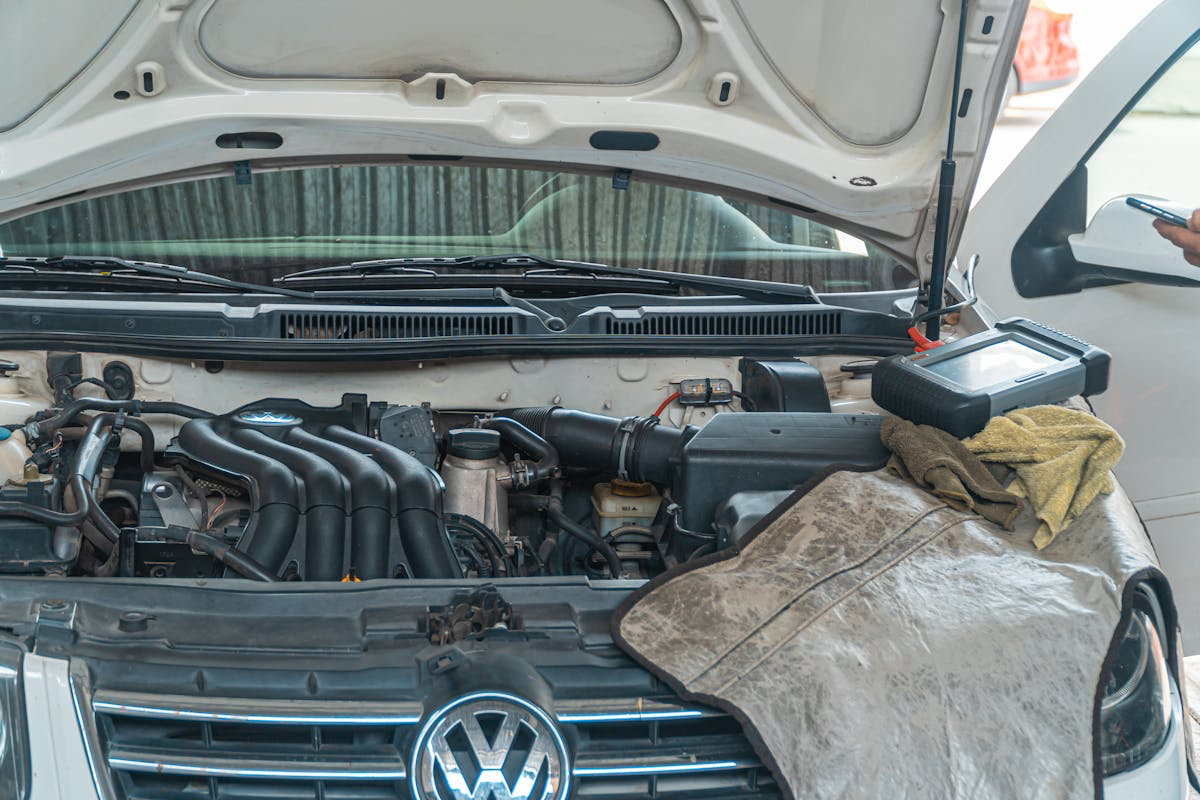
How Auto Diagnostics Can Save You Money on Car Repairs
A car is much more than just a way to get from one place to another. It’s a crucial part of daily life. Whether you rely on it to commute to work, run errands, or enjoy weekend road trips, your vehicle keeps your schedule on track. However, like any machine, cars can run into problems. Small issues, if ignored, can quickly grow into costly repairs. This is where auto diagnostics come in. Modern vehicles are equipped with advanced systems that can detect potential problems early. By using diagnostic tools, these issues can be identified quickly and accurately before they worsen. This technology helps you save money on repairs and keeps your car running smoothly. Let’s understand how auto diagnostics work and why they are so essential for maintaining your car’s performance.
What Are Auto Diagnostics?
Auto diagnostics are tools that check the health of your car. Modern vehicles have computers and sensors that monitor parts like the engine, brakes, and transmission. If there is a problem, the system generates a code. This code shows where the issue is. For example, when the “check engine” light comes on, it could mean something small like a loose gas cap. It could also mean something more serious, like a failing oxygen sensor. A mechanic uses diagnostic tools to read these codes and figure out the problem. This saves time and ensures the right repair is done.
How Auto Diagnostics Work
Auto diagnostics rely on a system called On-Board Diagnostics (OBD). This system constantly monitors your car’s performance. When it finds a problem, it stores a code. A mechanic uses a tool to read these codes and understand what’s wrong.
Here’s how it works:
- The mechanic connects a scanner to your car.
- The scanner reads error codes from the system.
- These codes tell the mechanic what part needs attention.
Some scanners can also show live data, like engine temperature or fuel usage. This helps the mechanic understand how your car is running.
Early Detection Prevents Costly Repairs
Small problems can become bigger if not fixed in time. For example, a small coolant leak might not seem urgent. But if it’s ignored, it can cause the engine to overheat. This might require expensive repairs like replacing the engine. Regular diagnostic tests find such issues early. Fixing them early is cheaper and less stressful.
Accurate Problem Identification Saves Time and Money
Before diagnostics, mechanics had to guess the problem. They might replace parts that didn’t need fixing. This wasted time and money. Diagnostics remove the guessing. They give exact details about what is wrong. For example, if your car doesn’t start, there could be many reasons. It might be the battery, starter, or fuel system. A diagnostic test can find the exact issue. This means the mechanic only fixes what’s needed. You save money and the car gets repaired faster.
Reduces Labor Costs
When the mechanic knows the problem, they don’t waste time searching for it. For instance, instead of opening the entire engine to check for issues, a diagnostic scan might show a clogged fuel injector. This saves time in the workshop. Less time spent means lower labor costs. Your car is repaired faster, and you spend less money.
Improves Fuel Efficiency and Vehicle Performance
Diagnostics help keep your car in top shape. They find problems that reduce fuel efficiency. For example, a faulty oxygen sensor can cause your car to use more fuel. Fixing it can improve fuel efficiency by up to 40%. Over time, this saves you money at the pump. Dirty air filters are another common issue. They reduce engine performance and fuel economy. A diagnostic test finds such issues quickly. Fixing them ensures your car runs smoothly and uses fuel efficiently.
Prevents Sudden Breakdowns
Breakdowns can happen without warning. They are expensive because of towing and emergency repair costs. Diagnostics help you avoid these by finding problems before they become serious. A diagnostic test might show that your alternator is failing. If fixed early, this avoids being stranded with a dead battery. It might also detect worn spark plugs. Replacing them early prevents engine misfires and keeps your car reliable.
Common Issues Detected by Diagnostics
Diagnostics can find many types of problems. Here are some common ones:
- Emissions Issues: Faulty oxygen sensors or catalytic converters can make your car pollute more. They also reduce fuel efficiency. Fixing these problems ensures your car passes emissions tests and saves fuel.
- Engine Misfires: If the engine misfires, it can reduce power and waste fuel. Diagnostics can find which cylinder is causing the issue.
- Transmission Problems: If your car is not shifting gears properly, diagnostics can check for low fluid levels or electronic issues.
- Brake System Faults: Worn brake pads or problems with the anti-lock braking system can be detected early. This keeps your car safe to drive.
Why Professional Diagnostics Are Worth It
While there are portable diagnostic tools for car owners, professional diagnostics are more accurate. Mechanics use advanced tools that give detailed results. They also have the experience to interpret these results properly. For example, a basic tool might miss a subtle issue like a misaligned throttle sensor. A professional mechanic can spot this and recommend the right fix. This ensures that no problem goes unnoticed.
How Often Should You Get a Diagnostic Test?
The frequency of diagnostic tests depends on your car’s condition, age, and how you use it. Regular tests can save you money by catching small problems early. Here’s when you should consider scheduling a diagnostic test:
- At Least Once a Year: Even if your car seems fine, an annual diagnostic test is a good idea. This helps detect hidden issues before they become serious. Regular checks are especially important for older cars, as wear and tear can create problems over time.
- During Routine Maintenance: Include a diagnostic test when you go for regular services like oil changes or tire rotations. This ensures your mechanic can spot any problems early and fix them alongside your scheduled maintenance.
- When a Warning Light Appears: If your “check engine” light or another warning light comes on, you should get a diagnostic test as soon as possible. These lights indicate your car’s system has detected a problem. Ignoring them can lead to bigger and more expensive issues.
- If Your Car Feels Different: Pay attention to changes in your car’s performance. Reduced power, unusual noises, or difficulty starting can be signs of a problem. A diagnostic test can pinpoint the cause and help fix it before it worsens.
Why Choose First Class Car Care?
At First Class Car Care, we believe regular diagnostic testing is one of the most important steps in maintaining your car. Our experienced mechanics use the latest diagnostic tools to provide accurate results. We are located at 5360 N Dupont Hwy, Dover, DE, and have been serving the community for over 20 years. Our ASE-certified team can handle everything from diagnostics to complete vehicle inspections. Whether it’s checking your brakes, inspecting your battery, or performing a full health check, we’re here to help. If you notice a warning light, unusual noises, or changes in performance, visit us right away.
Contact us at +1 302-736-5473 or book your appointment online. At First Class Car Care, we’re here to keep your car in great shape and give you peace of mind. Trust us for quality, affordable service every time!





